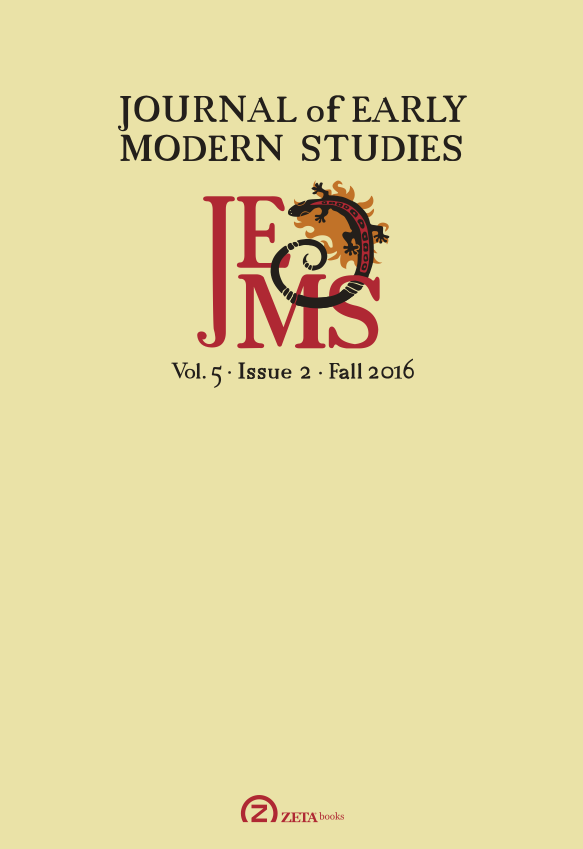Striving Possibles and Leibniz’s Cognitivist Theory of Volition
Striving Possibles and Leibniz’s Cognitivist Theory of Volition
Author(s): Andreas BlankSubject(s): Philosophy, History of Philosophy, Early Modern Philosophy
Published by: Zeta Books
Keywords: Gottfried Wilhelm Leibniz; Bartolomeo Viotti; Mario Nizolio; essence; existence; possibility; divine will; divine intellect
Summary/Abstract: Leibniz’s claim that possibles strive towards existence has led to diverging interpretations. According to the metaphorical interpretation, only the divine will is causally efficacious in bringing possibles into existence. According to the literal interpretation, God endows possibles with causal powers of their own. The present article suggests a solution to this interpretative impass by suggesting that the doctrine of the striving possibles can be understood as a consequence of Leibniz’s early cognitivist theory of volition. According to this theory, thinking the degree of goodness of something is identical with wanting it to this degree. Arguably, this analysis of volition is relevant not only for Leibniz’s early analysis of the human mind but also for his early analysis of the divine mind.
Journal: Journal of Early Modern Studies
- Issue Year: 5/2016
- Issue No: 2
- Page Range: 29-52
- Page Count: 24
- Language: English
- Content File-PDF

